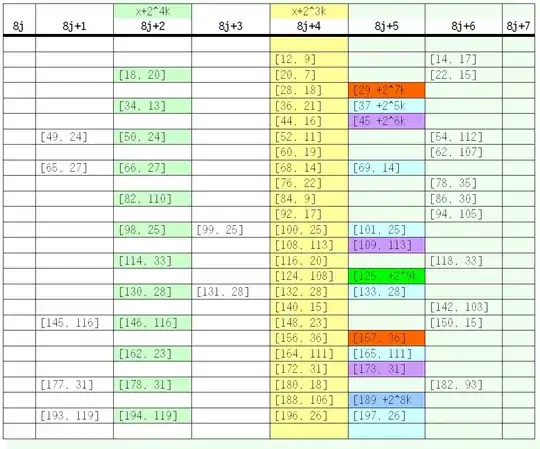I asked Longest known sequence of identical consecutive Collatz sequence lengths? some time ago, but I don't feel like it really got to the bottom of things.
See, in the answers lopsy find a sequence in the range of $596310 ... 596349$ and makes a heuristic argument:
There's nothing special about these numbers, as far as I can see. In fact, there are probably arbitrary long sequences of consecutive numbers with identical Collatz lengths. Here's a heuristic argument:
A number $n$ usually takes on the order of ~$\text{log}(n)$ Collatz steps to reach $1$.
Suppose all of the numbers between $1$ and $n$ have random Collatz lengths between $1$ and ~$\text{log}(n)$. Then, if we choose a starting point at random, the probability that the next $X$ consecutive numbers all have the same Collatz length is ~$\text{log}(n)^X$. There are ~$n$ possible starting points, so we want $X$ so that the probability is $\text{log}(n)^X \cong > \frac{1}{n}$. Then I'd expect the longest sequence to have around $X$ consecutive numbers.
As it turns out, $X=\frac{\text{log}(n)}{\text{log}\text{log}(n)}$ does the trick.
Except in the comments exchanged afterwards I point out that:
log(596349)/log(log(596349)) ~ 7, not 40
(that should be log(596310)/log(log(596349)) but the comment holds)
So Heuristically we're expecting 33 fewer consecutive sequences of the same length, seem like a massive outlier.
So perhaps these sequences are special; what causes them to to arise?
